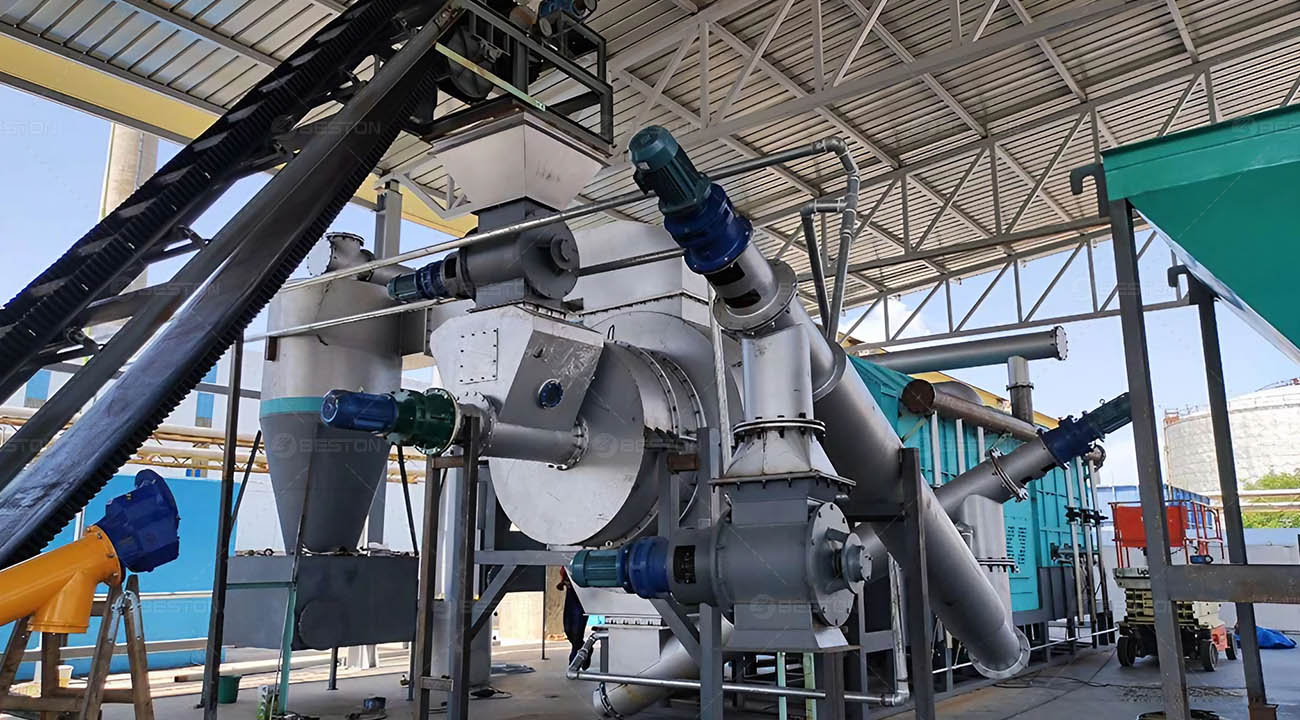Introduction
Significance of Wood Processing Industry
The wood processing sector is vital for various industries, but the resulting wood waste poses environmental challenges. This section provides an overview of the wood processing industry and highlights the escalating issue of wood waste, emphasizing the need for sustainable solutions.
Charcoal Machines: A Technological Overview
Pyrolysis Process
At the core of charcoal maker machine lies the pyrolysis process, a controlled thermal decomposition of wood. This subsection delves into the intricacies of pyrolysis, explaining how it transforms wood into valuable charcoal.
Types of Charcoal Machines
Charcoal machines come in various types, from continuous carbonization machines to batch-type equipment and high-efficiency retort systems. This part provides an overview of these technologies, outlining their unique features and applications.
Environmental Benefits of Charcoal Production
Reduction of Greenhouse Gas Emissions
Charcoal production contributes to carbon sequestration, reducing the environmental impact of wood decomposition. This section explores how charcoal machines play a role in mitigating greenhouse gas emissions.
Sustainable Energy Source
Charcoal, as a byproduct of the process, emerges as a renewable energy alternative. Here, we discuss the potential for carbon-neutral wood processing and its broader environmental implications.

Resource Efficiency and Waste Reduction
Maximizing Wood Utilization
Charcoal machines maximize the utilization of wood residues, extracting value from what was once considered waste. This subsection explores the resource efficiency achieved through these innovative technologies.
Charcoal as a Byproduct
The byproduct of charcoal holds versatile applications, creating value from wood waste. From soil enhancement to activated carbon production, this part delves into the varied uses of charcoal.
Economic Viability of Charcoal Machines
Cost-Efficient Wood Waste Management
Comparing the costs of traditional disposal methods, this section highlights the economic advantages of incorporating wood charcoal machine into wood waste management strategies.
Revenue Generation from Charcoal Products
Charcoal products open new revenue streams. Exploring potential markets and establishing a circular economy in wood processing are discussed, showcasing the economic viability of charcoal machines.
Technological Innovations and Future Prospects
Advancements in Charcoal Machine Technology
Technological innovations, including the integration of smart technologies in carbonization, shape the efficiency and capabilities of charcoal machines. This subsection explores the ongoing advancements and their impact on the future of wood waste recycling.
Future Prospects and Research Initiatives
The role of research and development in driving the future of wood waste recycling is examined. From improving efficiency to exploring new applications for charcoal, this section discusses the evolving landscape of this transformative technology.
In conclusion, the advantages of charcoal machines in recycling wood processing waste extend beyond mere waste management. From environmental benefits to economic viability, these machines represent a paradigm shift towards a sustainable and circular approach in the wood processing industry.

Comments
No comments yet. Be the first to react!